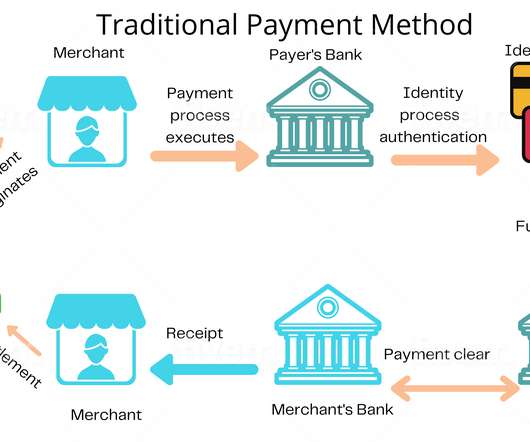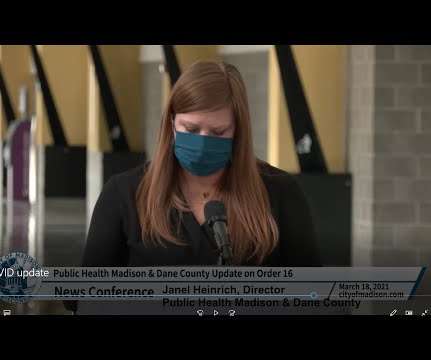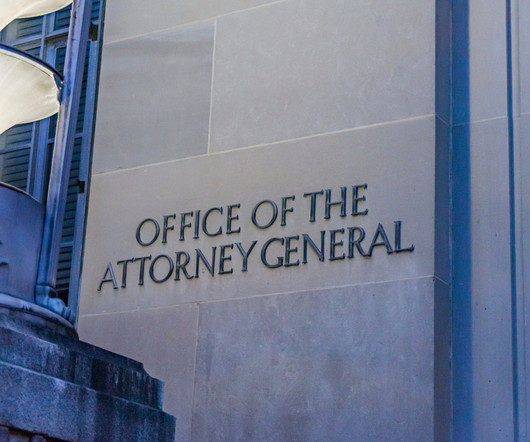Can a Collection Agency Change an Account’s Open Date?
Taurus Collect
NOVEMBER 15, 2023
Dealing with a collection agency can often feel like navigating a maze, especially when there seems to be a change in your account’s open date. If you’ve found yourself in this situation, you’re likely asking, “Can a collection agency change an account’s open date?”



















Let's personalize your content